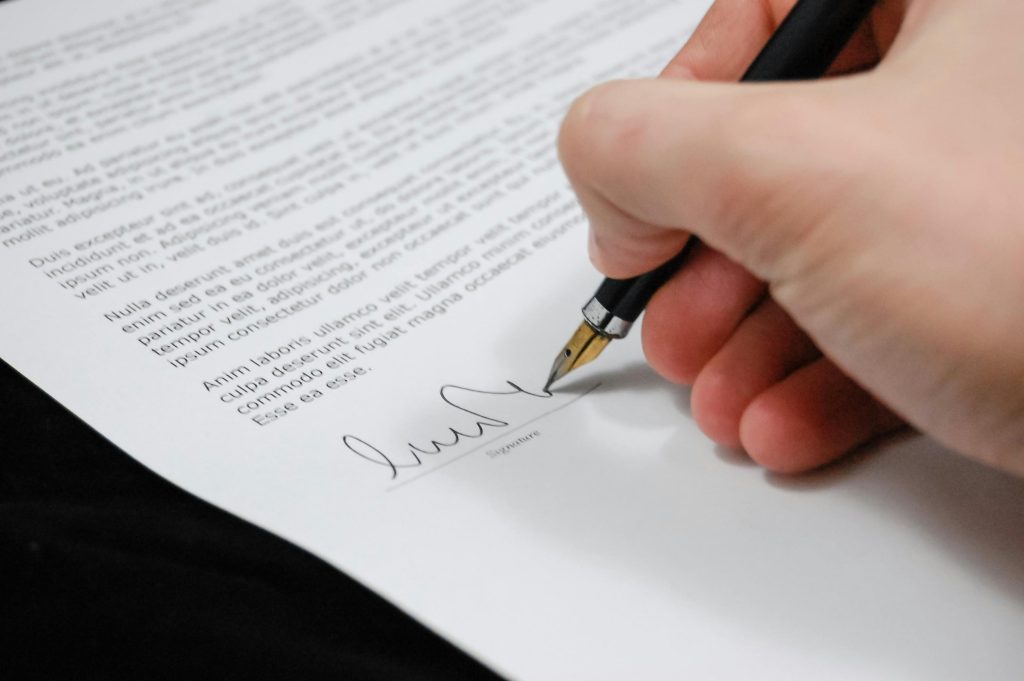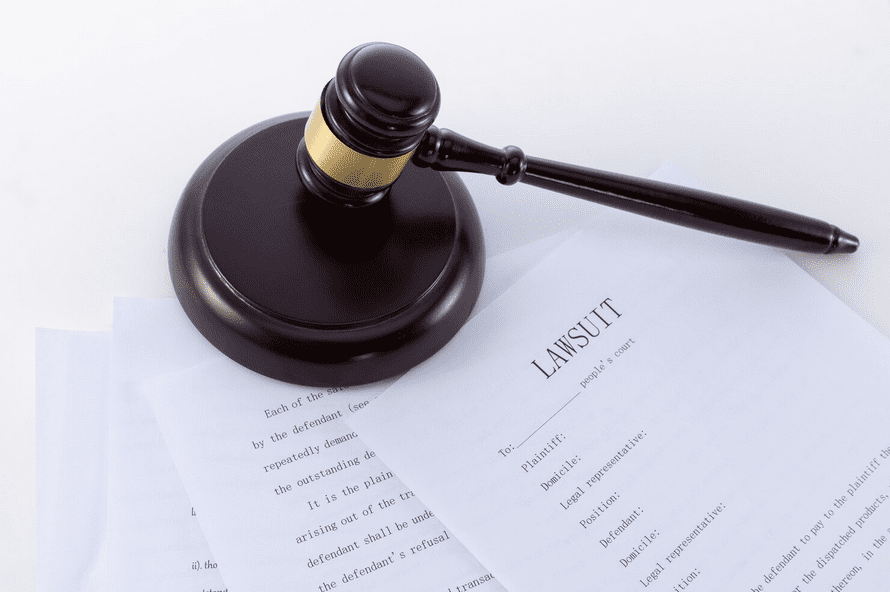
In a research paper on the common legislative translation pitfalls, the author argues that the commonly used term for manslaughter in Chinese, i.e., “guoshisharen,” is wrong because guoshi (“negligent”) isn’t compatible with sharen (“intentional murder”). The author proposed that the correct translation for the term “manslaughter” in Chinese would be “guoshizhisi.” This example shows why it’s sometimes difficult to translate legal documents accurately and why you should get in touch with legal translation services to get the job done right.
This article explores the role of professional legal document translation services in producing error-free translations from English to other languages and vice versa. You’ll learn which mistakes are repeated by amateur legal translators and how to fix them. Remember, incorrectly translating a legal document may lead to devastating results, ruining straightforward cases, or making you misrepresent your clients in a court of law. So, always hire professionals!
4 Common Mistakes in Legal Translation

Why is it necessary to contact official document translation services when you need accurate legislative translation done? Here’s one case study: A crisis translator was working with an Afghan asylum seeker in 2020. However, the Afghan woman’s asylum bid was rejected due to her inconsistent stories. When the crisis translator rechecked her statements, she was shocked to see that AI apps had translated the “I” in the Pashto-language narrative with the “we” pronoun in English, creating the inconsistencies that led to her bid’s rejection. This case study shows why AI apps shouldn’t be used in this sort of translation.
Whether you’re using AI apps or relying on amateur translators, here are the common mistakes made in the realm of legal paperwork translation. You should avoid these mistakes if you want your document to be accepted by the courts in another country, such as when you’re filing a lawsuit on foreign soil, trying to start a new business overseas, or doing a business deal with partners located in another nation:
1. Translating the Document Literally

Amateur translators have this perception that legal papers must be translated literally. So, they’ll simply do a word-for-word translation in which the text in one language will be converted literally into the text in a different language. However, this practice leads to major problems and confusion. For instance, it’s not okay to translate “time is of the essence” literally in another language.
2. Ignoring Cultural Differences
Even legal terms and jargon can be different in different countries. A famous example would be that of a term “contractual capacity,” meaning a party’s capability to do a contract with another party. Now, this term may be known as something else in another country’s legal system.
3. Using Obscure Language
Using words or phrases that are too difficult can ruin the document’s readability. Amateur translators, in their quest to sound formal, put a lot of technical jargon in their translations. However, the key to error-free translation is to use simple language and use jargon only when necessary.

4. Omitting Crucial Information
It’s a no-brainer that your legal document translation should have the information present in the source file. Omitting even a single piece of information can present a different story to the court. Sadly, this one type is very common in AI-translated legal documents, where information is often changed because of an AI tool’s limited linguistic capacity.
Now, you can see the crucial role a reliable translation service provider plays in making your legal papers sound exactly the same in another language. You may wonder how legal translators avoid the mistakes a beginner often makes. Well, in the next section, we’ll discuss some tips and best practices used by some of the most experienced legal translators when they’re working their magic on your documents.
5 Tips to Translate Legal Papers Accurately
No country has a worse history of dealing with mistranslated legal documents than the Sulu Sultanate of the Philippines. This nation signed a treaty with Spain in 1851 thinking that it was a peace treaty when it actually was a document in which the Sultanate was recognizing Spain’s sovereignty. Even today, these mistakes happen a lot more than we’d like to admit.

For instance, the Free Trade Agreement between the EU and S. Korea fell apart in 2011 because Koreans received a copy with over 200 translation mistakes. In fact, a 2012 survey shows that around 5% of the disputes Chinese firms have with foreign companies are due to translation mistakes. That’s why you should always hire legal translation services for this sort of translation.
Here are the best practices to make sure you’re translating legal stuff accurately:
- Don’t hesitate to refer to legal dictionaries in both the source language and the target language; these dictionaries will help you find the correct legal terminologies to use in your translation.
- You may go under cultural sensitivity training to better understand the cultural context of using certain words. Then, you’ll be able to localize your translation to meet the correct standards.
- It’s equally important to create glossaries so you can keep track of how you translated particular words/terms before; translation memory software will help you create a glossary, ensuring that you are consistent in your translation efforts.

- You may even consult with legal professionals to better understand a terminology or concept. If you don’t understand legal concepts properly, you won’t be able to do justice to the translation. So, don’t hesitate to reach out to legal doctors.
- In the end, proofread your document by asking another translator to go through it. Usually, the translated document goes through multiple rounds of editing before it is finalized.
Don’t just hire random translators to undertake this project; instead, you should only hire experts with a lot of experience in translating legal papers. The best business license translation services in the US only hire translators who specialize in legal document translation.
Conclusion
“The proper equivalent translation of the legal texts requires from the translator a high level of linguistic and cultural competence. As a rule, to get a sufficient degree of completeness and accuracy, the translator often uses the inter-language and intra-language compensations.” (Camelia, 2014)

Legal documents require experienced, certified translators who are equipped with the expertise needed to navigate the realm of this sensitive translation job. Mistakes in legislative translation arise when legal translators don’t consult reliable databases, lack sufficient legal know-how, or fall under the influence of using ordinary language. Similarly, deficient linguistic knowledge and not understanding the unique soul of legal language can also lead to mistranslations.
That’s why you should contract professionals from TranslateSwift who can do justice to the legal as well as linguistic nature of this translation job. These language wizards know all the best practices to convert legal documents from one language to another. They don’t fall into the pitfalls of mistranslations, always delivering quality documents that accurately portray your legal standing.
FAQs – Understanding Legal Document Translation
Why can’t I use AI for legal translation?
AI tends to make lots of mistakes when translating legal documents. It mixes up different pronouns and translates names as months of the year. That’s why it’s better to avoid AI translation apps here.

What kind of legal documents require translation?
Various documents must be translated by legal translators, such as birth certificates, business contracts, court rulings, a patient’s medical history, financial statements, etc.
What happens when legal documents are mistranslated?
Mistranslated legal documents can lead to monetary losses, legal disputes, and even international conflicts etc. That’s why only certified legal translators should be hired for this job.










